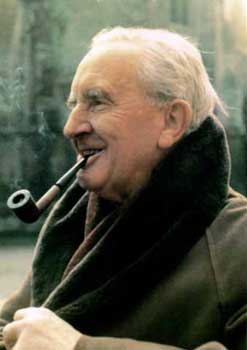My friend Roy recently sent along a note on fanaticism, making the argument that the "silent majority" is almost always irrelevant, as it is the fanatical minority who are responsible for most of history's atrocities and genocides.
This is a difficult argument to refute and in many if not most cases should not be refuted. But I think it needs to be approached with caution. And I think the caution arises from the need to recognize that the line between good and evil runs through each human heart. Perhaps a few examples might help.
The Rwandan genocide was led by evil men. They incited and encouraged. But they were few in number and were clearly incapable of doing the work themselves. That work was done by friends and neighbors of the victims who allowed their hearts to be infused with that hatred. They had a choice. It was often a brutally difficult choice. Yet it was a choice nonetheless.
Timothy Snynder's epic work Bloodlands tells the story of the the decade and a half in which Central Europe erupted in a paroxysm of slaughter unequalled in history. And while much of the killing was carried out in the camps and by Eisnsatzgrupen, much was also simply done directly or abetted by civilian populations in the occupied territories, and in fact continued after formal hostilities had ceased. I.F. Stone has written of the heartbreaking but little known fact. And as the epic film documentary Shoa shows, the holocaust simply could not have occurred on the scale that it did without the willing cooperation of the civilian population of the occupied territories.
We allow ourselves to see others as "less than." The path from here to malignant hatred is short and straight. And we almost inevitably see others as lesser so that we can see ourselves as more. Carry this process far enough, and Jim Crow laws, residential schools for natives, the sexual exploitation of young women and a host of other evils become every more likely.
So the minority incites. And these are truly evil people. But the great majority either actively participates or perhaps even worse is complicit in their silence, thus wrapping themselves in a cloak of righteousness. I know. I have done this. And quite likely, so have you.
In the epic Lord of the Rings (the book), Tolkien, use of the ring shows the extent we are susceptible to evil, all of us, though admittedly some less than others. Sam Gamgee comes to mind. It is a work of profound theological truth. The movie on the other hand misses this point almost entirely. We are good. They are evil. In so doing, it embraces the narcissistic impulse of our age. The holy we are above reproach and represent all that is true and good. The evil they are worthy only of destruction. We are saved and they are damned.
Jean Vanier tells a story of a German soldier who was assigned to a firing squad that was to execute innocent Italian villagers in retaliation for a partisan attack in the area who refused. As a consequence, the soldier too was shot. Vanier's argument is that in that moment that soldier was truly free. Many would see this as pointless. I would insist that it changes everything. And it changes everything because, without our complicity, evil is powerless.
Sunday, October 28, 2012
Subscribe to:
Post Comments (Atom)

No comments:
Post a Comment